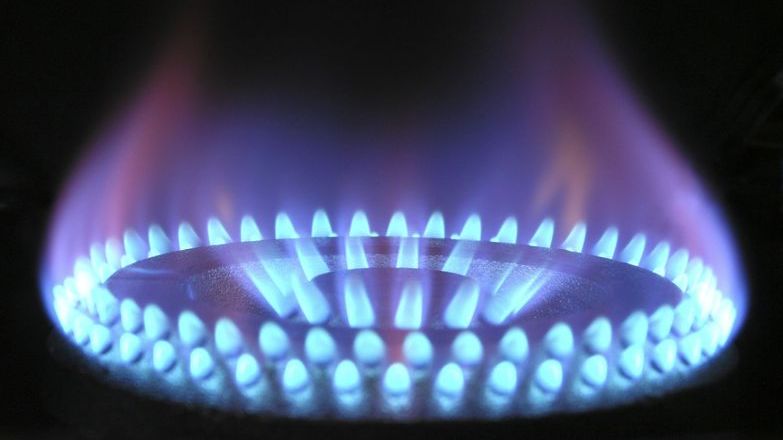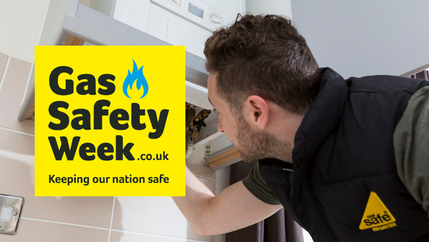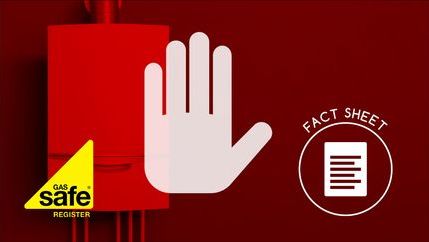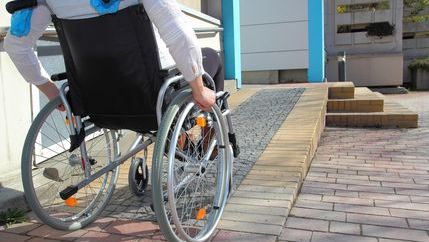
The Judge in the case issued a 26-month suspended sentence, a 4-month electronically monitored curfew, and ordered the landlord to pay £750 in costs to HSE. She must also carry out the required gas safety inspection of the property.
Requirements and responsibilities
Research has shown that more than one in three private landlords were unaware that it was their responsibility to get gas appliances checked. Letting agents must ensure that their clients understand their obligations, and the management contract should include details of who will arrange maintenance and safety checks and keep records of the work.
Annual gas safety checks are required for rented properties in all the UK nations. This includes checking all gas appliances and flues, and must be done by a Gas Safe registered engineer. The Gas Safe Register offers a free reminder service to help property owners keep on track, and also provides a searchable list of all approved gas engineers.
Propertymark has produced factsheets for members in England, Scotland, and Wales, and information about gas safety duties for landlords in Northern Ireland is available from the HSE.
Simple gas safety solutions
Badly fitted and poorly serviced gas appliances can cause gas leaks, fires, explosions, and carbon monoxide (CO) poisoning. CO is a highly poisonous gas that can kill quickly with no warning because it has no smell, or taste, and cannot be seen.
Taking care of gas appliances properly is an important duty of care to the occupants and the property. These simple tips and checks can help to keep everyone safe:
- Check for warning signs that indicate gas appliances are not working correctly, such as lazy yellow/orange flames instead of crisp blue ones, black marks on or around the appliance, a pilot light that keeps going out, too much condensation in the room, or error messages on an appliance’s control panel.
- Check that vents or flues are not blocked. Vents and flues are there to ensure gas appliances work safely. Blocking them could prevent this.
- Check knowledge of carbon monoxide (CO) poisoning symptoms. Remember the six main symptoms: headaches, dizziness, breathlessness, nausea, collapse, and loss of consciousness.
- Check the carbon monoxide alarm. Regular testing ensures that alarms are operational and capable of alerting residents to the presence of deadly CO. They also need to be checked they are marked to standards EN50291 and still in date (if applicable).
- Check before doing DIY. Before drilling or hammering, check that there is no risk of hitting a gas pipe. Never DIY on a gas appliance; if something seems wrong with an appliance or it is not working correctly, call a Gas Safe registered engineer. Find one at GasSafeRegister.co.uk or call 0800 408 5500.
Fact sheet: Gas Regulations Danger Do Not Use Notices
Gas Safe registered engineers have a responsibility to advise landlords when they find dangerous gas installations in a property.







